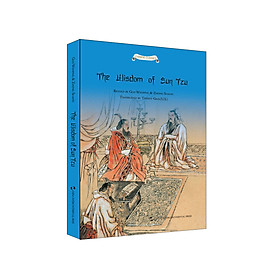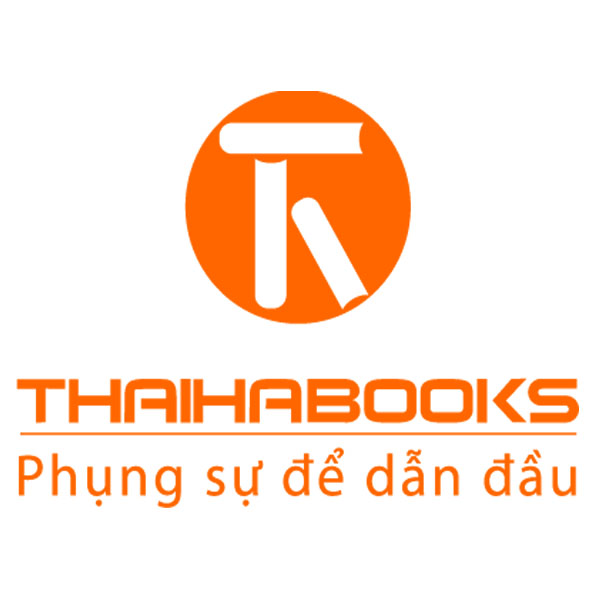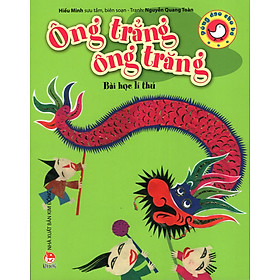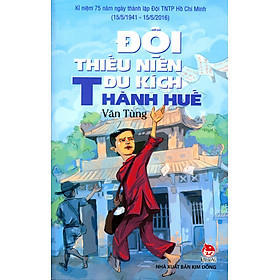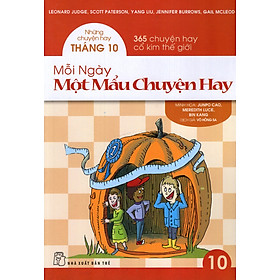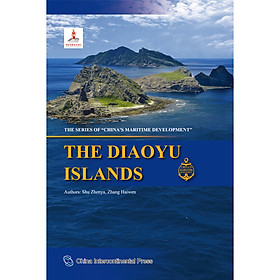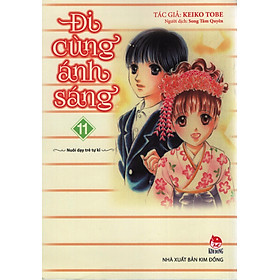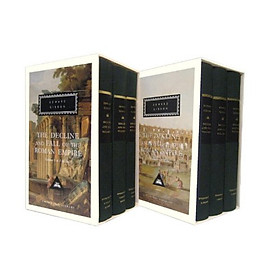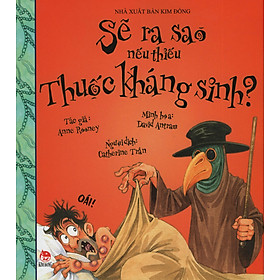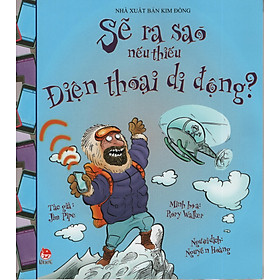The Wisdom of Sun Tzu
Main Content Sun Tzu's The Art of War is a Chinese military treatise that was written by Sun Tzu in the 6th century BC, during the Spring and Autumn period. Composed of 13 chapters, each of...
SKU: 2676317463548
Main Content
Sun Tzu's The Art of War is a Chinese military treatise that was written by Sun Tzu in the 6th century BC, during the Spring and Autumn period. Composed of 13 chapters, each of which is devoted to one aspect of warfare, it is said to be the definitive work on military strategies and tactics of its time, and still one of the basic texts. The Art of War is one of the oldest and most successful books on military strategy. It has had an influence on Eastern military thinking, business tactics, and beyond. Sun Tzu suggested the importance of positioning in strategy and that position is affected both by objective conditions in the physical environment and the subjective opinions of competitive actors in that environment. He thought that strategy was not planning in the sense of working through an established list, but rather that it requires quick and appropriate responses to changing conditions. Planning works in a controlled environment, but in a changing environment, competing plans collide, creating unexpected situations. The book was translated into the French language in 1772 by French Jesuit Jean Joseph Marie Amiot, and into English by British officer Everard Ferguson Calthrop in 1905. It likely influenced Napoleon, and leaders as diverse as Mao Zedong, General Vo Nguyen Giap, Baron Antoine-Henri Jomini, and General Douglas MacArthur have claimed to have drawn inspiration from the work. The Art of War has also been applied to business and managerial strategies.
Media Reviews
"In civilian discussions of military affairs, they inevitably refer to the thirteen chapters of Sun Tzus Art of War."
——Sima Qian (145 BC ~ 86 BC), the great Chinese historian, author of The Records of the Grand Historian
Sun Tzu is a "great military expert:
——Mao Zedong (1893~ 1976), the founder of the Peoples Republic of China
"Sun Tzu s essays on” The Art of War form the earliest of known treatises on the subject, but have never been surpassed in corn comprehensiveness and depth of understanding. They might be termed the concentrated essence of wisdom on the conduct of war. Among all the military thinkers of the past, only Clausewitz is comparable, and even he is more dated than Sun Tzu, and in part antiquated, although he was writing more than two thousand years later. Sun Tzu has clearer vision, more profound insight, and eternal freshness."
——Liddell Hart (1895~1970), the English military strategist
"Sun Tzu s "The Art of War is less than 100 pages, but much deeper in substance and much easier to understand and apply. Sun Tzu stresses the importance of out-thinking the enemy, while Clausewitz focuses on destroying the enemy s army and occupying his lands. Sun Tzu focuses on the end, while Clausewitz stresses only one means to that end. Destruction and occupation are simply methods to achieve victory through force, according to Clausewitz. While not discouraging the use of force, Sun Tzu openly examinees other methods for achieving victory which require more flexibility, creativity and foresight than brute force alone. Sun Tzus writings are as pertinent today as they were when written in 500 B.C."
——Walter S. Zapotoczny Jr., the command historian of the U.S. Armys 28th Infantry Division
"Sun Tzus The Art of War is, of course, a classic. At least six English translations can be found in most large bookstores on bookshelves next to another much cited but little read military favorite, Carl von Clausewitzs On War. Translator Roger Ames describes The Art of War as the worlds foremost classic on military strategy.…In the coming decades, with the United States remaining the worlds dominant military force, employing Sun Tzus strategic lessons will be more important than ever. The United States might not incorporate all of Sun Tzus lessons into its offensive strategy, but it will face opponents who use these lessons, or similar lessons, against the United States. Opponents recognize that direct confrontation with the United States can only result in their defeat."
——Colonel Douglas M. McCready, author of Learning from Sun Tzu
Catalog
CONTENTS
Foreword
The Life and Times of Sun Tzu
The Basic Structure of Sun Tzu’s Art of War
Chapter I Laying Plans
On Being Cautious of War
On the Gist of the Book
On Political Elements
Chapter II Waging War
On the Dangers of War
On Quick Victory
Chapter III Attack by Stratagem
On Complete Victory
On Knowing the Enemy and Knowing Yourself
Chapter IV Disposition of Military Strength
On Conquering an Enemy Easily Conquered
On Calculating Power
Chapter V Use of Energy
On Momentum and Timing
On Extraordinary and Normal
Chapter VI Weaknesses and Strengths
To Avoid What is Strong and Strike at What is Weak
On Initiative and Flexibility
On Initiative in War
On the Three Levels of Sun Tzu’s Theory
Chapter VII Maneuvering
On Advantageous Maneuvering
On Turning the Devious into the Direct
On Logistical Support
Chapter VIII Variation in Tactics
On Generals
On War Preparedness
Chapter IX On the March
On Flexible Movement of Troops
On Governing the Forces
Chapter X Terrain
On Aid of Terrain to Operations
On Knowing the Weather and Knowing the Terrain
Chapter XI The Nine Varieties of Ground
On Operational Environment
On the Psychology of an Army
On Coordination and Cooperation
Chapter XII Attack by Fire
On Methods and Principles of Attacking by Fire
On Waste and Stagnation
Chapter XII I Use of Spies
On the Meaning and Principles of Using Spies
On the Structure of Sun Tzu’s Chapters
Digest
Chapter III
Attack by Stratagem
ON COMPLETE VICTORY
Based on a clear understanding of the high price and harmful nature of war, Sun Tzu further put forward a talented strategic concept in the third chapter of “Attack by Stratagem”.
The core of this strategic concept is the idea of “complete victory”. This “complete victory” means to triumph over the enemy without suffering great losses to oneself, using Sun Tzu’s words: “their troops are not worn out and their triumph will be complete.”
How can this complete victory be obtained? Sun Tzu said that first, there must be an “attack by stratagem”, i.e., a competition of strategies— to use strategy to defeat the enemy or defeat the enemy’s strategy, to cause the enemy to give in due to great difficulty. Second is “attack by diplomacy” , i.e., a diplomatic competition— to destroy and dismantle the enemy’s alliances, to solidify and develop our own alliances, ultimately causing the enemy to give in. That is: “The best policy in war is to attack the enemy’s strategy. The second best way is to disrupt his alliances through diplomatic means.” Sun Tzu summarized these two strategies as “subduing the enemy’s army without fighting”, that is to say, achieving the objectives without fighting, thus avoiding serious damage and losses incurred by intense fighting and prolonged war.
Here, Sun Tzu put forth an extraordinary assertion: “Hence to win one hundred victories in one hundred battles is not the acme of skill. To subdue the enemy without fighting is the supreme excellence.”
Why did Sun Tzu say this? Because in his view, even if all battles are won, in a continuous war, national and military strength will be significantly depleted, in turn placing the country in dire straits. Subduing the enemy without fighting and reaching the goal without compromising national and military strength, will reduce the cost and damage of warfare as much as is possible and best protect oneself. It is the “complete victory” Sun Tzu spoke of.
Let’s take the military career of Napoleon to compare with Sun Tzu’s ideas. Early in his military career, Napoleon was considered to be a successful military officer, but victory after victory, the army of the French empire gradually became utterly exhausted. Finally, they suffered a bitter defeat in a harsh Russian winter, obliterating their army and sealing the fate of Napoleon’s reign. Over 2,000 years ago, Sun Tzu with his farsightedness envisioned just that kind of situation. In view of the absurdity that winning one hundred victories in one hundred battles does not end well, he creatively proposed the strategic concepts of “complete victory” and “subduing the enemy without fighting.”
Sun Tzu said: “To subdue the enemy without fighting is the supreme excellence.” He saw this as the most perfect, most ideal form of war strategy. However, after he put forth the talented propositions of “complete victory”, “attack by stratagem”, “attack by diplomacy”, and “subduing the enemy without fighting”, Sun Tzu did not explain in concrete terms the specific approaches to “attack by stratagem” or “attack by diplomacy”, nor did he mention necessary preconditions to “subduing to enemy without fighting”, leaving great potential for imagination for later people.
Preface
Foreword
After the advent of the 6th century B.C., a new era of spiritual creativity was welcomed, bringing with it an explosion of new thoughts. In Greece, there were Thales and Pythagoras, who initiated the development of philosophy and science. Sakyamuni arose in India and created Buddhism. In China, Lao Tzu, Confucius and Sun Tzu revealed the prologue to an era of free thought and innovation beginning in the late Spring and Autumn Period.
Sun Tzu’s Art of War is one of the achievements that sprung forth from this explosion of thoughts.
Compared to the theoretical creations of other great thinkers of that age (in the East as well as the West) in philosophy, politics, science, religion and other fields, Sun Tzu’s theoretical creations in the military arena were unique but equally great. Together, their philosophical achievements had a huge and profound influence on the spiritual world and realistic world shaped by human beings themselves.
Since the birth of Sun Tzu’s Art of War in the late 6th century B.C., it became widely influential in China. At the beginning of the 1st century B.C., the great Chinese historian Sima Qian was quoted as saying: “In civilian discussions of military affairs, they inevitably refer to the thirteen chapters of Sun Tzu’s Art of War.” Clearly, this book was already very popular and respected at that time in China. By the 11th century A.D., a military school called Wuxue had been established by the Song Dynasty. The imperial government selected seven books from the military works of past dynasties to make up the curriculum. Under unified management, they were checked against authoritative texts, printed and published in 1080, and called the wu jing qi shu (seven books of the military canon). Among them, Sun Tzu’s Art of War held the primary position, solidifying its high standing in Chinese military science.
For thousands of years, the great volumes of ideas, categorizations, theses and judgments coming out of Sun Tzu’s Art of War have been the object of debate in traditional Chinese military science. Each successive dynasty and each successive generation’s military experts and military writings have continued to supplement and develop Sun Tzu’s Art of War theoretically, but fundamentally none has surpassed it. It could be said that Sun Tzu’s Art of War charted the development course for ancient China’s theory of war, establishing the foundational spirit of China’s traditional military philosophy.
In China’s recent history, Sun Tzu’s Art of War has continued to play an active role as an important source of ideas in the process of building a new model of military theory. For example, in many of Mao Zedong’s military writings, he used Sun Tzu’s words to illustrate his points; Mao also referred to many famous historical battles in China to back up his own opinion. The influence of China’s military heritage represented by Sun Tzu’s Art of War had provided Mao Zedong’s military thinking with a profound historical context. It was also an important factor in the uniquely Chinese character of Mao Zedong’s military thinking.
Illustration




Giá sản phẩm niêm yết của Politics & Social Sciences The Wisdom of Sun Tzu trên các sàn TMĐT đã bao gồm thuế theo luật hiện hành. Tuy nhiên tuỳ vào từng loại sản phẩm hoặc phương thức, địa chỉ giao hàng mà có thể phát sinh thêm chi phí khác như phí vận chuyển, phụ phí hàng cồng kềnh, ...
Mức giá và các nhà cung cấp được liệt kê tại đây chỉ dùng để bạn tham khảo. Khi quyết định mua hàng bạn cần xem xét thêm về đánh giá của khách hàng tại shop đó. Sau cùng bạn chọn mua sản phẩm từ nhà cung cấp mà bạn cho là uy tín nhất với mức giá hợp lý nhất. Chúng tôi không trực tiếp bán hàng cũng như vận chuyển và không chịu bất kỳ trách nhiệm nào về quyết định mua hàng của bạn.
| SKU: | 2676317463548 |
|---|

